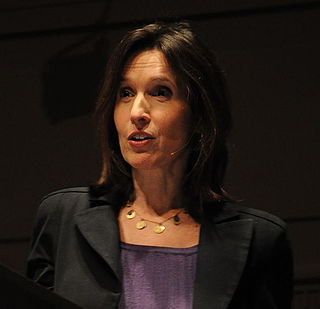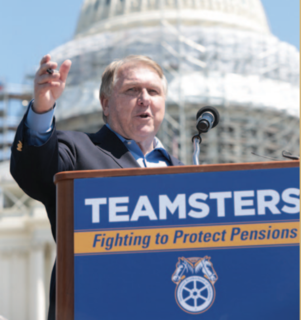A Quote by Ron Paul
Unskilled and inexperienced workers are the ones most often deprived of employment opportunities by increases in the minimum wage.
Related Quotes
Sharp increases in the minimum wage rate are also inflationary. Frequently workers paid more than the minimum gauge their wages relative to it. This is especially true of those workers who are paid by the hour. An increase in the minimum therefore increases their demands for higher wages in order to maintain their place in the structure of wages. And when the increase is as sharp as it is in H.R. 7935, the result is sure to be a fresh surge of inflation.
Minimum wage laws tragically generate unemployment, especially so among the poorest and least skilled or educated workers... Because a minimum wage, of course, does not guarantee any worker's employment; it only prohibits, by force of law, anyone from being hired at the wage which would pay his employer to hire him.
It seems to me both moral and practical that in the richest in nation in the world that someone working full time shouldn't live in poverty. And studies over the last 20 years in states where we have seen these minimum wage increases show there's no discernible impact on employment growth. In fact, what it does is line low-wage workers' pockets with higher wages.
Raising minimum wage doesn't just benefit the workers behind me, it creates a proven ripple effect that increases wages all the way up the scale. ... Let's get the facts straight, only 20 percent of people making the minimum wage are teenagers. The rest are hardworking adults, many of them with families, and I mean hardworking.
[E]conomic liberty and creative entrepreneurship are the basis of any solution to today's social and economic difficulties. Blaming business, setting wages, and attempting to run the economy by decree from Washington only exacerbates the problems. Consider the minimum wage. It seems so simple: Tell business to pay its workers more. But a hike in the minimum wage is essentially a tax, punishing precisely those companies that hire workers with the least skills.


































